Utilities will never get complaints like this. It's more like the opposite. Especially when the energy meters are changed from electromechanical type to electronic type, the power companies or energy providers are facing questions like: Why are you over-charging me?
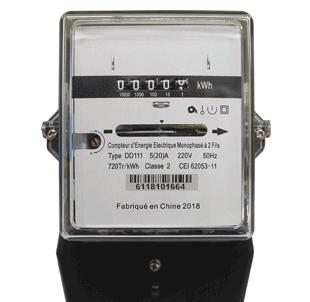
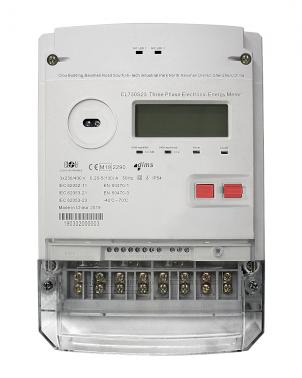
What happens in reality?
The end-user had an energy meter with rotating disk (electromechanical). These meters are usually already in the field for more than 30 years. With increasing age the upper- and lower bearings of the disk axis are worn out. This is leading to the effect that the disk is cyclic touching the breaking magnet. To keep it simple, when you hear on each disk rotation a scratching sound, the meter is running too slow. The end-user is not paying the full amount due to inaccurate billing.
During field tests I saw meters with higher minus-errors than 5%.
Now, with an electronic meter the end-user is billed with an accurate invoice while in the past he was charged too little for many years.
In addition, we have to deal with different accuracy classes. Electromechanical meters had class 2 while the electronic meters have class 1. This gives a theoretical billing difference of 3%, even when the electromechanical meter was not slowed down by worn out mechanics.
How to deal with these complaints?
The power companies have portable on-site test equipment for meter testing and installation verification. This equipment is calibrated and traceable to international standards. It can easily sort out whether a customer complaint is valid or the meter is accurate.
At least for CLOU energy meters its likely impossible that the meter error is out of range. All meters are only leaving the company after passing an extensive routine test program, covering the accuracy checks at various different loads.
Conclusion
Metering with electronic energy meters is more accurate. Especially with a huge number of old electromechanical meters in the field you can bring down the technical losses by changing those meters to electronic ones. All other advantages like AMI integration, line-loss evaluation and tamper detections are not covered here.
Thank you for reading and stay safe.
Editor's note: This article was originally published in December 2020 and has been updated for comprehensiveness.
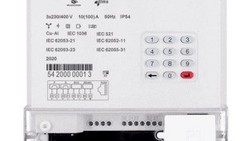
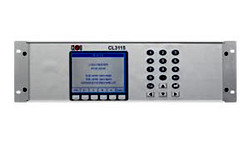
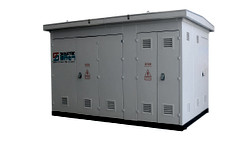
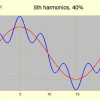
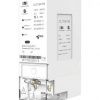
Thank you for such clarifications and so clear to customers to understand if there are any hidden costs in the billing system. However, i have a question on the smart 3 phase meters, i am running more than 5 shops with same loads, pressure cookers, but only 1 shop is giving very high unbelievable bill, though i fall under the same range of tariff. What could be the problem on the meter and what tests can be performed to verify the calibration, all are digital meters.
I understand issue of some kind of different coil that maybe contribute to meters, but whats the solution to that?
Thank you for your comment. I suggest, you ask your power company for an on-site calibration of your location with the high bill. They have the tools to check and to verify the meter accuracy. Maybe it's a wiring fault. In any case, don't touch the meter yourself.